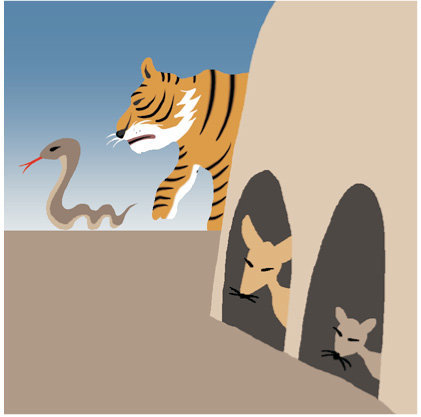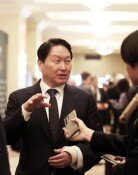Bittersweet irony
Bittersweet irony
Posted January. 21, 2022 07:41,
Updated January. 21, 2022 07:41

Enraged by the sight of the people extorted by corrupt government officials, the poet pungently lambasts these “foxes and mice” mooching off the powerful authority and wringing money out of the people and rants at “tigers and venomous snakes” wielding mighty power and swagging the road. Both low-ranking and high-ranking officials act arrogantly as though nothing in the world would stop them. The people are on the verge of getting crushed like fish rice porridge, yet they do not dare to resist. While admitting that it is a useless thought, the poet recites the ancient Cheongbaekri anthem with the expectation of reappearance of a hero.
Instead of a roundabout style, the most defining feature of the old Chinese literati poem, this poem persistently holds on to bluntly sarcastic attitude to the point of radicalism. The poet was a high government official, but he sharply denounced corrupt regime of the Song dynasty, as a result of which he was demoted from the country’s grand chancellor to a low-ranking petty official. Despite hardships and humiliation, the poet’s righteousness was not bent.
“Hoseo (城狐, foxes and mice)” is an abbreviation for “Seonghosaseo (城狐社鼠),” which means foxes living in castles and mice living in shrines. Based in the castles and shrines, removing them is extremely difficult, as irritating such important and sacred place would backfire and instead hurt the accuser. It is as if burning one’s house to get rid of the bedbugs. Truly a bittersweet irony in history.







